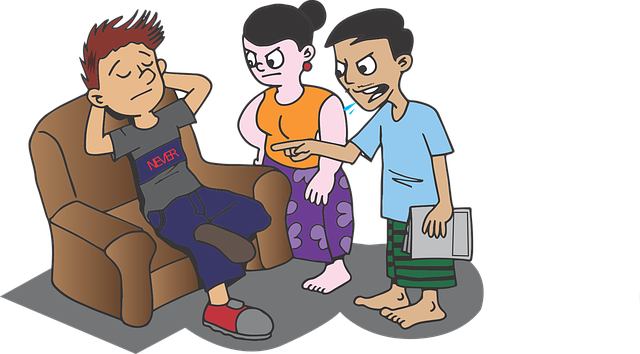|
This article was originally published on PsychCentral
Dear coach, My son takes forever to complete simple tasks like cleaning his room and no matter how many times we tell him to do something, it just never gets done or he forgets. Is he just being lazy? After years of working with kids and families, there’s one thing I can tell you for absolute certain: No kid wants to be messing up and getting in trouble all the time. NO KID. EVER. That being said, I completely understand your confusion and frustration, and that of other parents, who might observe their child playing video games for hours on end but doing 30-minutes of homework is like pulling teeth. Children with ADHD (and adults, too) really want to do well and make the people around them proud. Their intentions are genuine and good but somewhere along the line, it just all falls apart and slips away, like sand through their fingers. They find themselves falling short time and again; disappointing not only themselves but the people around them. It is for this reason that ADHD may look like a great many other things- laziness, carelessness, defiance, and apathy. Only it isn’t. Is that to say that your child and mine (and you and I) aren’t prone to moments of laziness and apathy? Of course not! We’re human after all and don’t always do what we need to do, when we need to do it. But when someone has ADHD, it’s just not that simple. It’s a matter of biology and a lack of skills. ADHDers have a nervous system that is hard-wired for stimulation. Meaning that activities which are inherently stimulating, interesting, or fun “activate” the ADHD brain and are therefore easier to focus on and complete. Tasks and activities which may appear to be simple and straightforward like taking out the trash or putting dirty clothes in the hamper, usually do not have the same activating effect. Why? Because they are so simple and straight-forward. In other words, they are mindless, boring, and tedious- ADHD kryptonite. It’s important to note that ADHD is a neurological condition and outside of the person’s control. Telling them to just “try harder” or “hurry up and get it done” is not only pointless but the added pressure can be paralyzing. In addition to the way their brains are wired, ADHDers often experience challenges related to what are known as executive functions. These include skills like initiation, planning, organization, working memory, and impulse-control. In your son’s case, it sounds as though he may be struggling with starting tasks (initiation) and following directions (working memory). When asked to clean his room, it could be that he finds the task overwhelming and isn’t sure how to start (initiation, planning, organization). The best way to determine what’s behind your son’s behavior is to do some detective work. Being curious, rather than confrontational, ask your son what makes cleaning his room difficult and then work together to create a plan for getting it done. Getting your child’s input and involving them in the solution is crucial. Not only are they more likely to participate, but you’ll also get a better sense of what works for them and what doesn’t. Perhaps he needs some help breaking down the task into smaller steps, so you might suggest putting the laundry into the hamper first, then moving on to returning books and toys to the shelves, etc. If he responds by saying that cleaning his room is just too boring, brainstorm ways to make the task more fun. Try making it into a game by setting a timer and challenging him to see how much he can get picked up before it goes off. Keep in mind that children and teens with ADHD may require a greater degree of parental involvement and guidance to help them develop necessary skills. With time and practice, your son will become better able to start and finish tasks on his own. Image: Pixabay/MoteOo
0 Comments
Your comment will be posted after it is approved.
Leave a Reply. |
Categories |
Copyright © 2017 Lotus Life Coaching Services Staunton, VA (949) 334-7204 [email protected]
Privacy Policy Terms & Conditions Website Disclaimer
Privacy Policy Terms & Conditions Website Disclaimer


 RSS Feed
RSS Feed